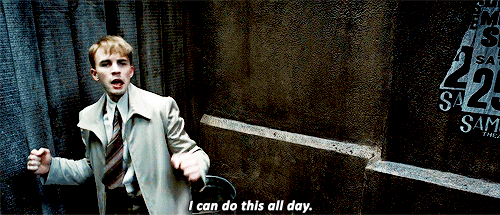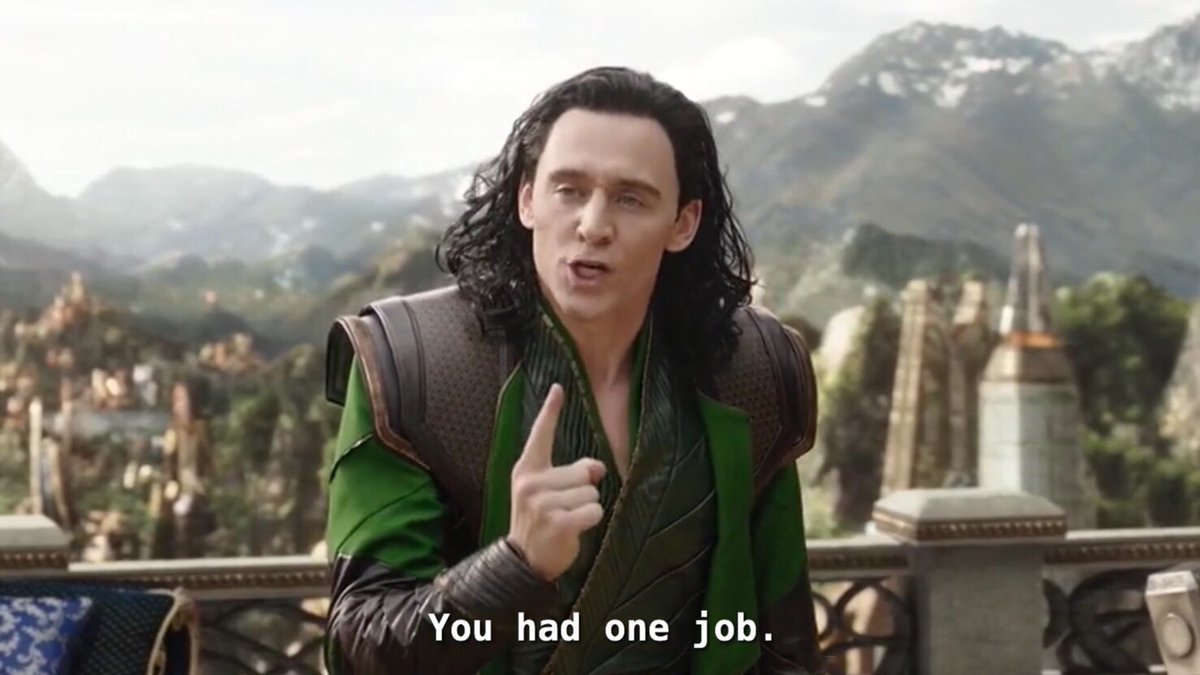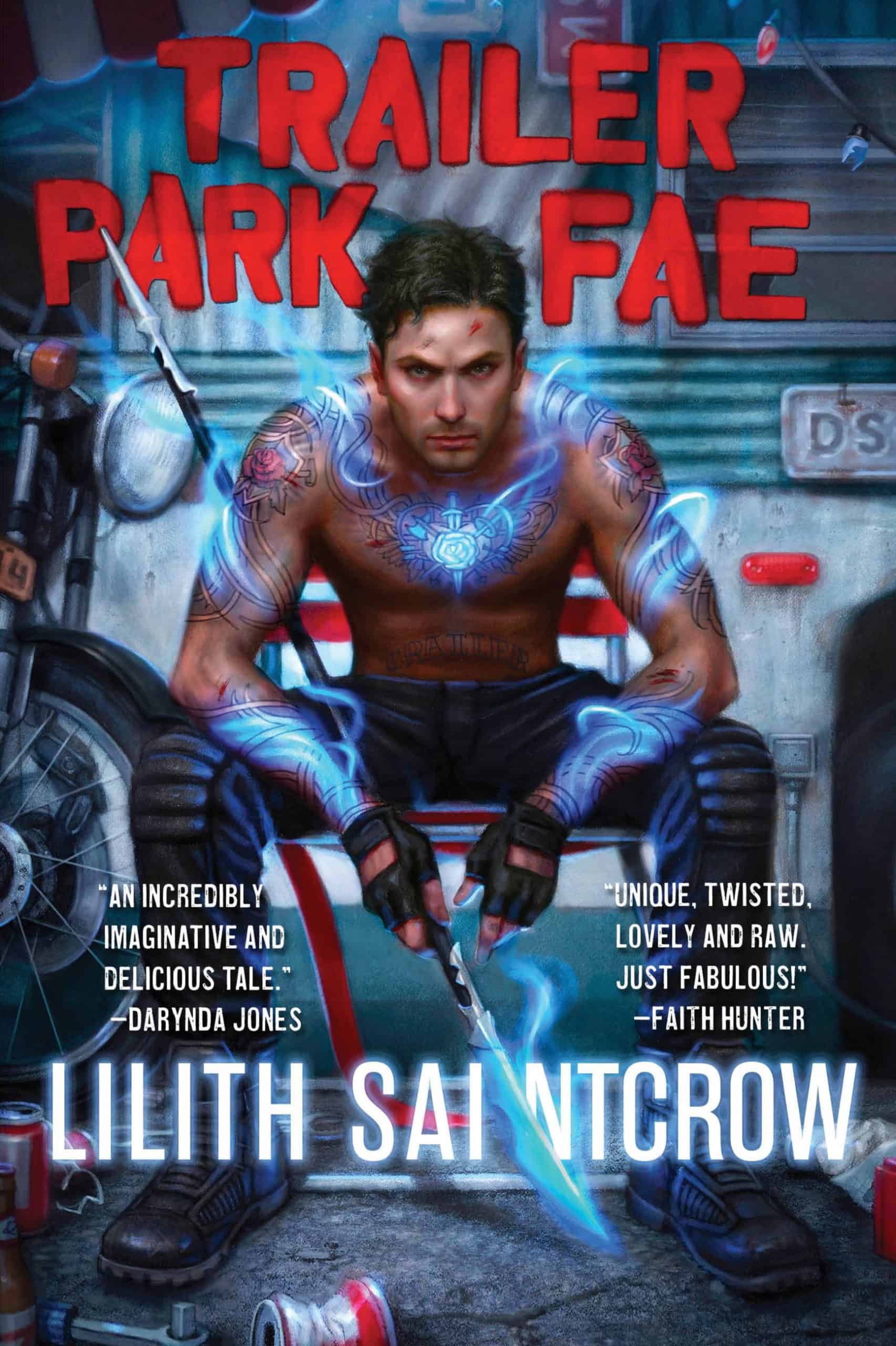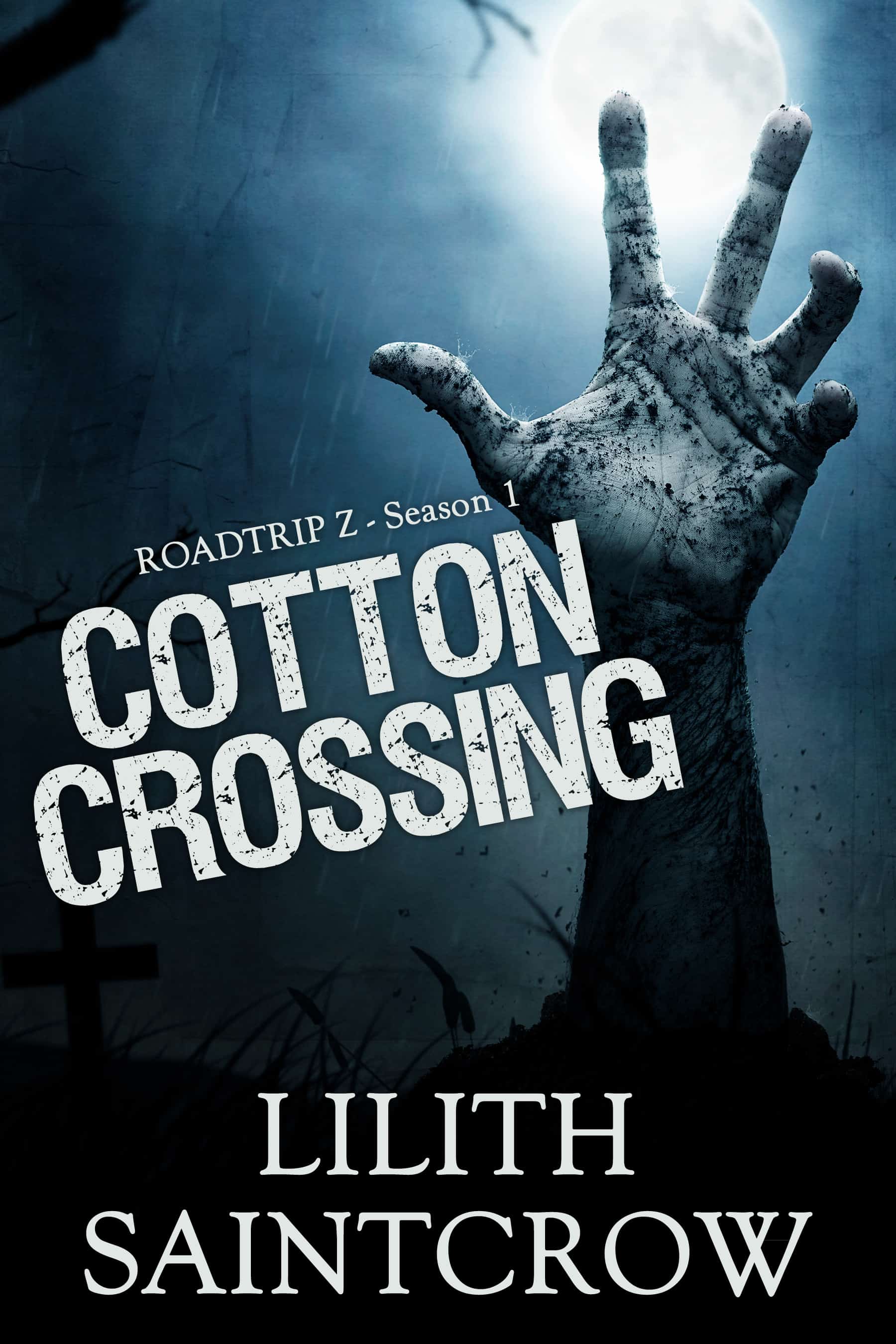
Well, I ranted so hard yesterday my site temporarily crashed and my mentions are a mess. I regret nothing; it had to be said and I said it.
Someone took minor exception to me remarking that the barriers to entry in self-pub can be prohibitive (though not nearly so much as trad), so I thought I’d start Monday with a few remarks in that direction. Now, that person also made an excellent point that barriers to success are not the same as barriers to entry, and though I think that’s a bit of hair-splitting it’s also undeniably correct. The fact remains that even self-publishing requires tools and know-how, and those tools and know-how are neither common nor universal. Let’s jump right in.
An internet connection. This is so simple it’s often overlooked, but as I have been saying since the early naughts: The internet is not ubiquitous, it just feels like that way when you’re on it. Sure, you can get on wi-fi in coffee shops and libraries if you don’t have home connection, there’s still swathes of the country using dial-up, or you could do everything over mobile data. But uploading a manuscript (or a corrected manuscript) to your distribution platform of choice can get a bit dodgy with dial-up or mobile data, and the time investment of traveling to wherever you can find wi-fi is time that could be spent writing if one had access at home.
Hardware. Believe it or not, some people are too poor for desktops or even secondhand laptops. There are smartphones, of course, and where there’s a will there’s a way–but just think about the brute work of typing 50-60k words for a novel into a smartphone, and let’s not even talk about revisions. You could write longhand and just type the final draft in, I suppose, but again…let’s not even talk about revisions.
Software. Sure, you can use an open-source rich text editor for your drafting and let KDP or D2D format an exported Word doc for you, then slap an MS Paint cover on it. That’s absolutely one way to do it, yep, and the thought of trying it that way is…daunting, to say the least. Yes, there’s Scrivener and it’ll output an epub for you, but doing it that way presupposes you have access to Scrivener as a tool and also the understanding/knowledge of how to get it to compile in that format, then there’s getting an open-source program to proof the result in (say, reading the epub in Calibre and making correction notes in longhand, then updating the Scrivener file and recompiling) and that brings us to another barrier. Right now I use Scrivener for writing and revising, MSWord and Goodnotes for CEs/proofing, Vellum for formatting–and each of those programs required an initial investment of moolah plus an ongoing investment in skill, labor, and updates. Free does not necessarily mean good or labor-saving.
Knowledge. This is a HUGE one. I came to self-publishing already knowing certain basics–editing best practices, proofreader strategies, word processing software shortcuts and formatting foibles, a bit about distribution, big scams to avoid, and most importantly, where to look for other information. This last bit is a skill so basic to certain levels of privilege it can be almost invisible to those who possess it. It’s not about knowing what to do, it’s about knowing where to find a reputable bit of advice that will tell one what to do. By the time I started seriously getting into self-pub I had industry peers I could tap when I had questions as well as access to proven sources of good internet information. (And that was decades ago, so it was uncontaminated by “AI”.) Knowing, for example, that a certain distributor uses Ingram Spark instead of Lightning Source for their back-end POD is useful and necessary, but figuring out that’s something you need to know takes effort and experience.
Time. If you’re working two or three jobs to just barely make rent on a place shared with extended family (born or chosen), time to write, revise, edit, copyedit, proof, find cover art, figure out distribution and pricing, schedule releases, and market is at a premium, or perhaps impossible to find. Even time to research what the latest scams are so you don’t fall prey to grifters is an investment that might not be feasible. This leads into discussion of another barrier…
Energy. Ideally, publishers are supposed to do two things: Provide necessary quality control services (editing, copyediting, proofing, cover art) at economy of scale; and handle distribution/marketing with both economy of scale and pooled resources. Paying a publisher to deal with that stuff frees up time and energy for a writer to do the most important thing–no, not BookTok, for God’s sake, but write. If you already have a dayjob, childcare, and housing instability (or any combination of the above), or if your daily spoons are eaten by microaggressions or disability, a publisher leasing rights to your work could be the thing that allows you to produce any work at all. In self-publishing, you are responsible for not just the writing but the quality control, cover, distribution, marketing–the whole enchilada. Sure, you can skimp on quality control, and that feeds into barrier to success instead of entry, but if the name of the game is to get your work in front of people, well, you kind of want it to look good enough for them to actually read it and come back for more, right? Right?
Now, you might be saying these are barriers to entry in any artistic field or even any industry as a matter of course, and you’d be right. Someone with greater privilege will be able to surmount some of these speed bumps without even noticing they’re there–if one is already on the internet all the damn time, that presumes hardware and a connection, so you’re already two to the good. The barriers to entry in trad publishing are a lot higher, yes, and as I said yesterday, self-pub isn’t quite so difficult but there are still major speedbumps for marginalized folks. While one may start with janky tools and slowly accrete knowledge, skill, and money to invest in better tools while one’s craft and skill also grow, that still requires time and energy one might not possess.
Yes, self-publishing is democratizing to a certain extent. It’s still not a panacea, and not the only answer–though it is a really good one for a whole lotta folks! The barriers in self-pub are lower, not nonexistent. If we threw out the whole tottering, moribund edifice of trad tomorrow, in ten years we’d have it again (albeit maybe not as rot-laced) because pooling resources and economy of scale are both natural human endeavours (part of our heritage as a cooperative species) and a way of surviving under capitalism. A thriving publishing ecosystem would have many big trad houses (not just those counted on one hand), plenty of indie presses, lots of small publishers, and a vibrant section of the industry providing self-pub services at reasonable costs; within all that there would be a multiplicity of ways for marginalized folks to get their stories out without some of the speedbumps above forcing them to give up in exhaustion and despair. Bonus if said thriving pub ecosystem didn’t have to deal with Amazon greedily strangling everything it can while flooding the zone with toxic crap, too.
(While I’m dreaming, I’d love a flock of goats I didn’t have to clean up after. That sounds like fun.)
So, while the person taking exception had a point–especially about the difference between a barrier to success and a barrier to entry–I think a lot of discussion about self-pub falls prey to the bootstrapping myth in both subtle and overt ways, and outright overlooks quite a few things. That being said, I don’t think either that commenter or I are wrong, precisely, we’re just talking at different ends of the problem.
There were other comments I could write blog posts about–I’ve still only scratched the surface of this subject, as someone will make me dismally aware as soon as I press “publish”–but this one’s already long enough and Boxnoggin wants walkies. (Talk about a time investment.)
See you around.






